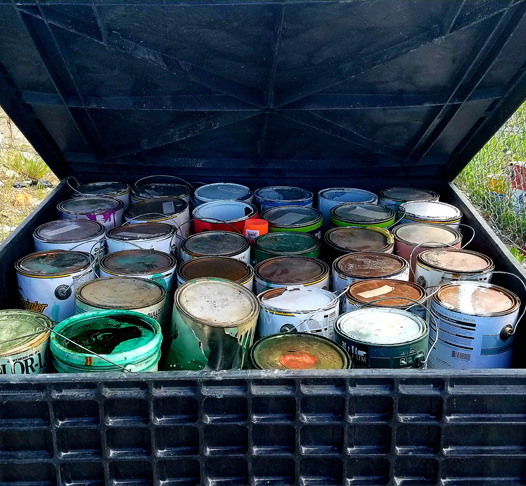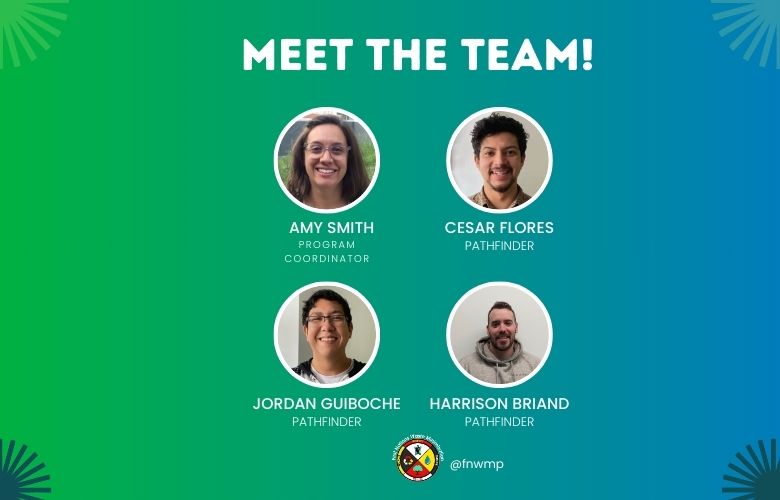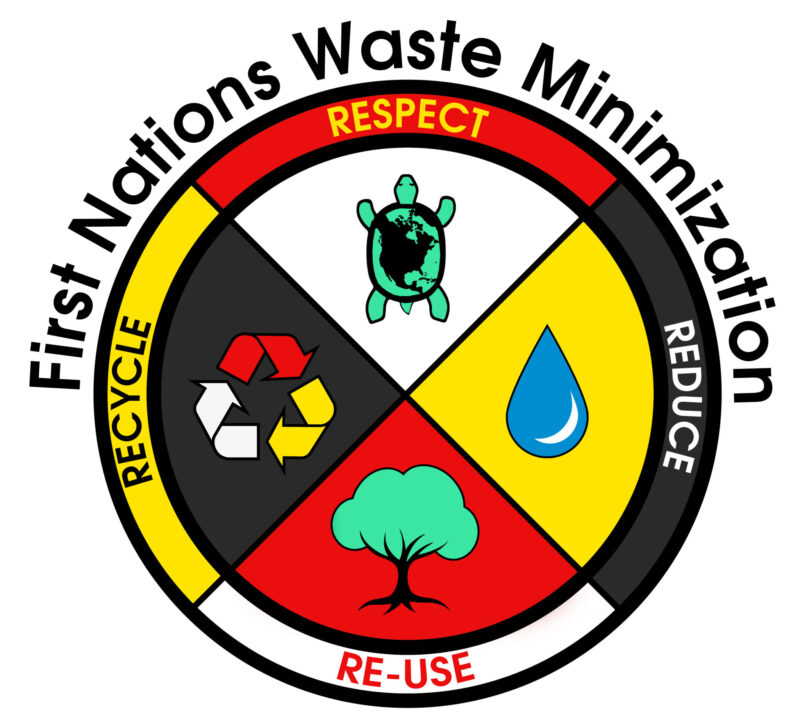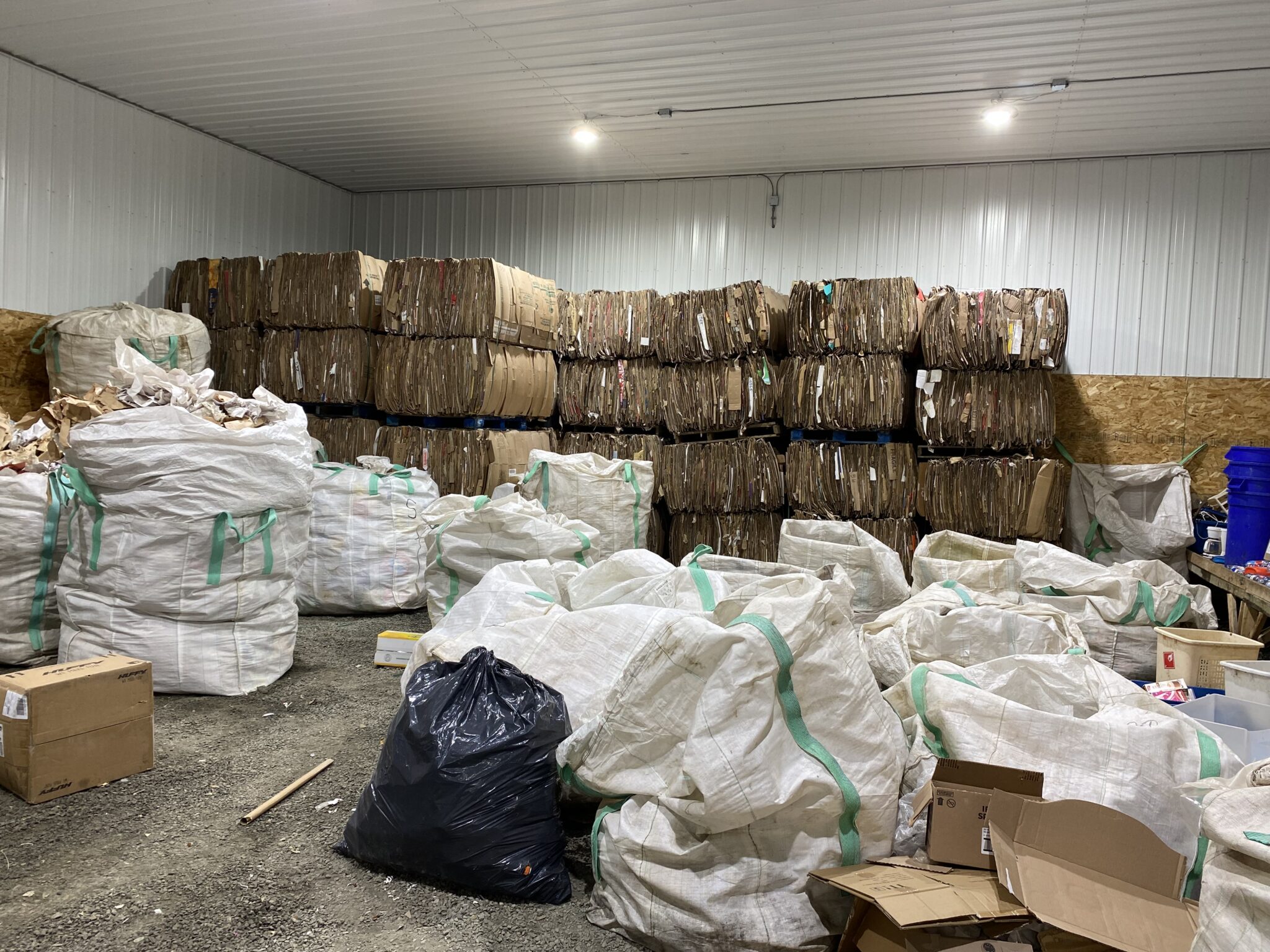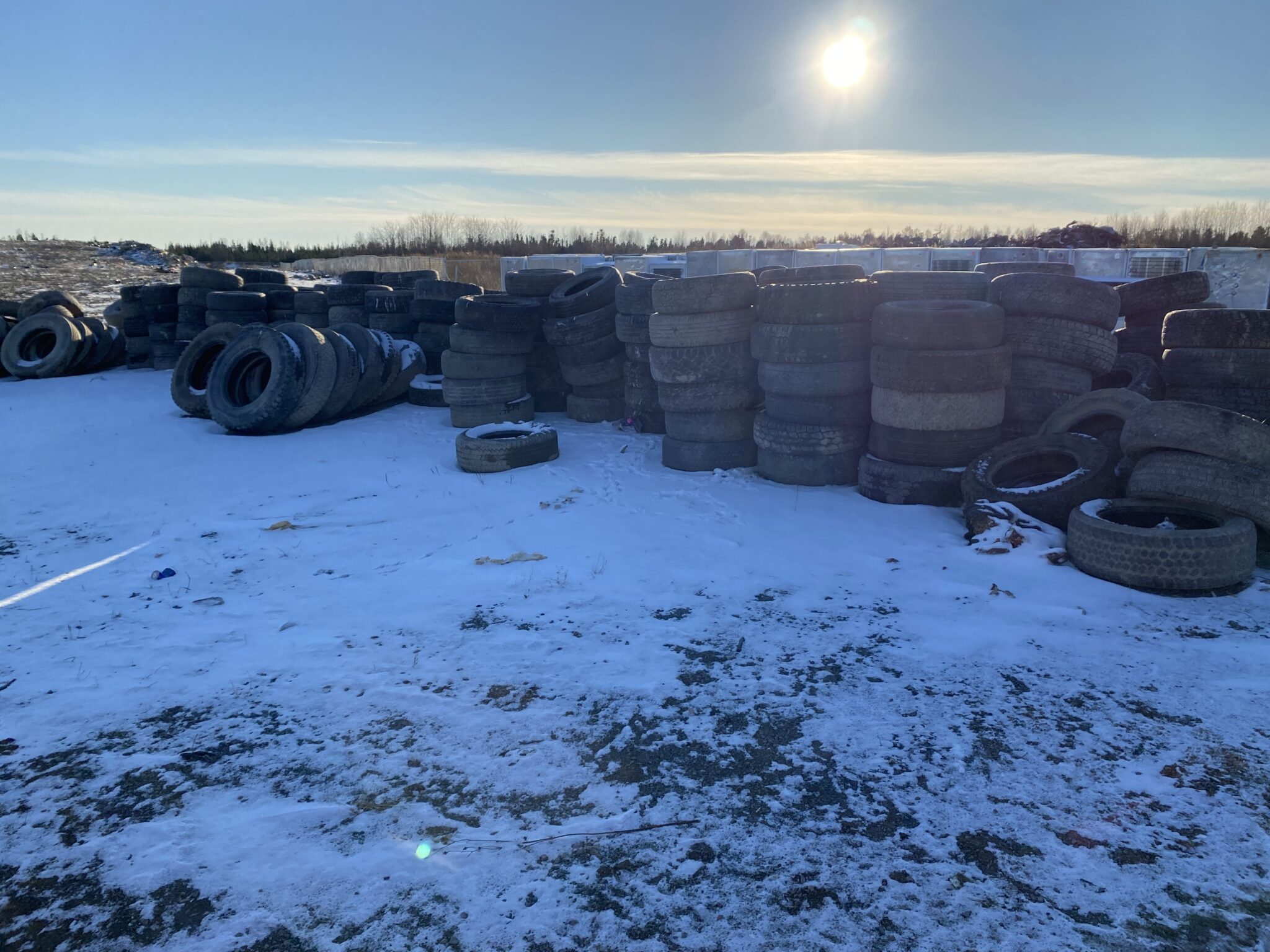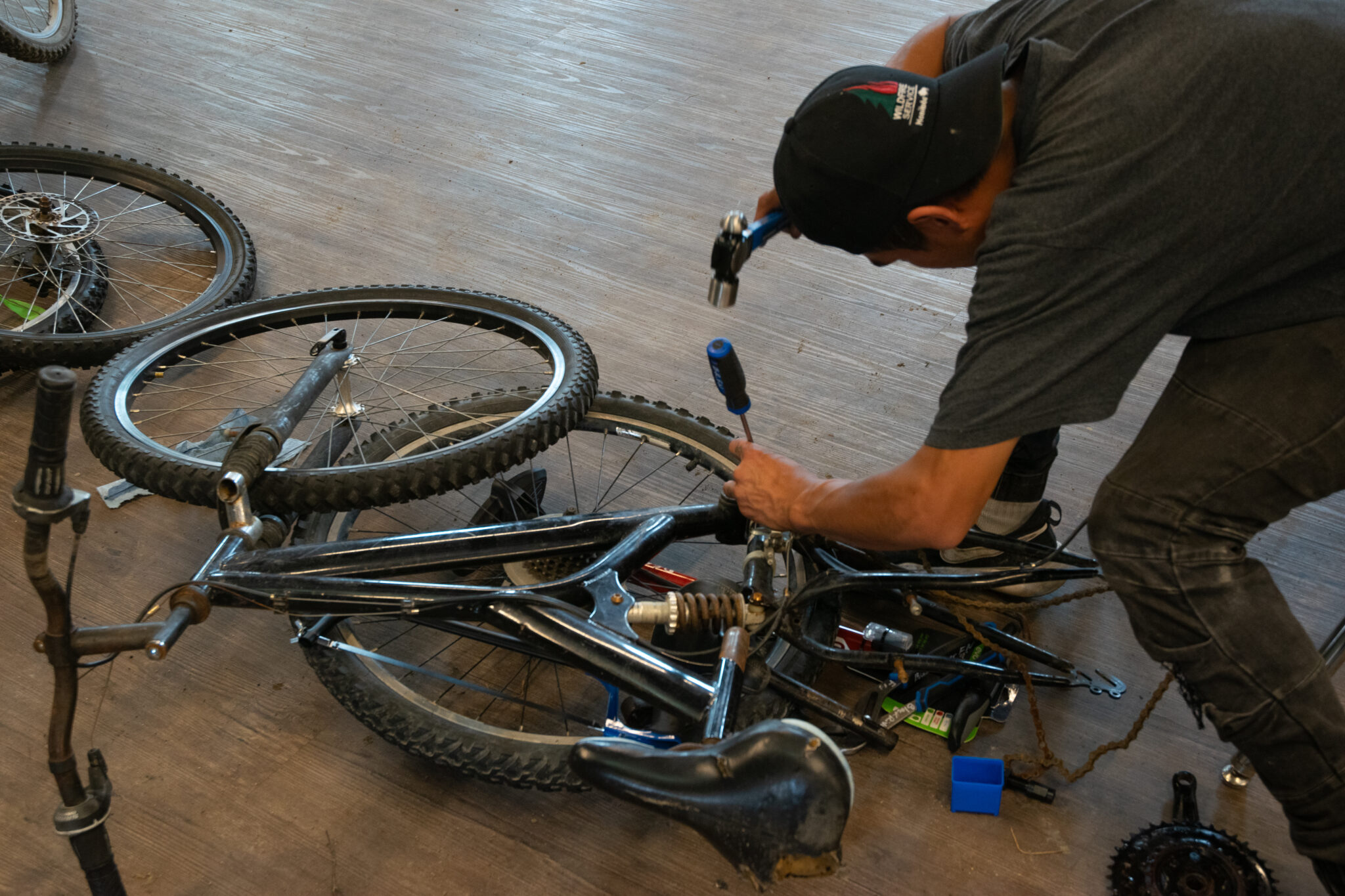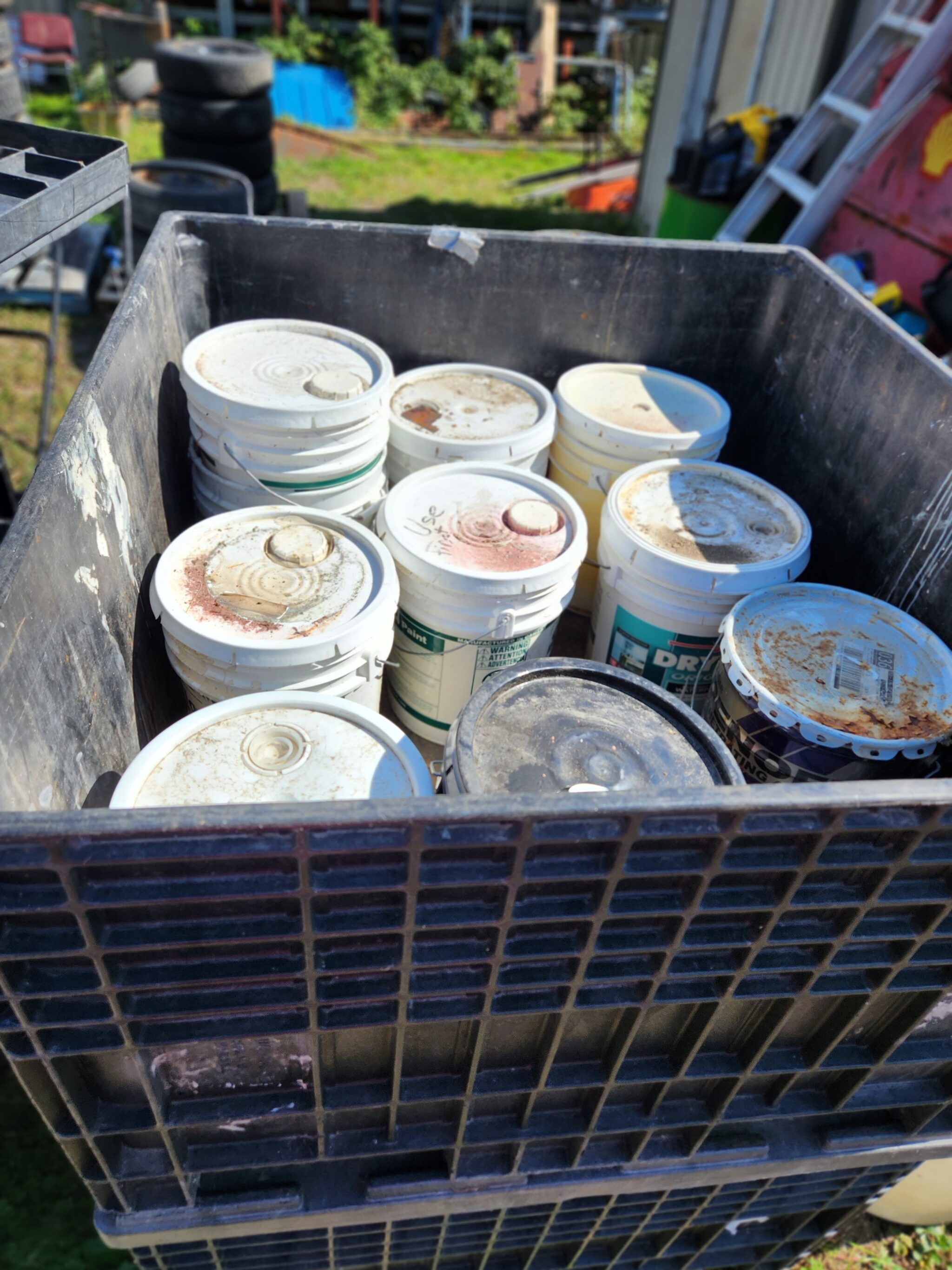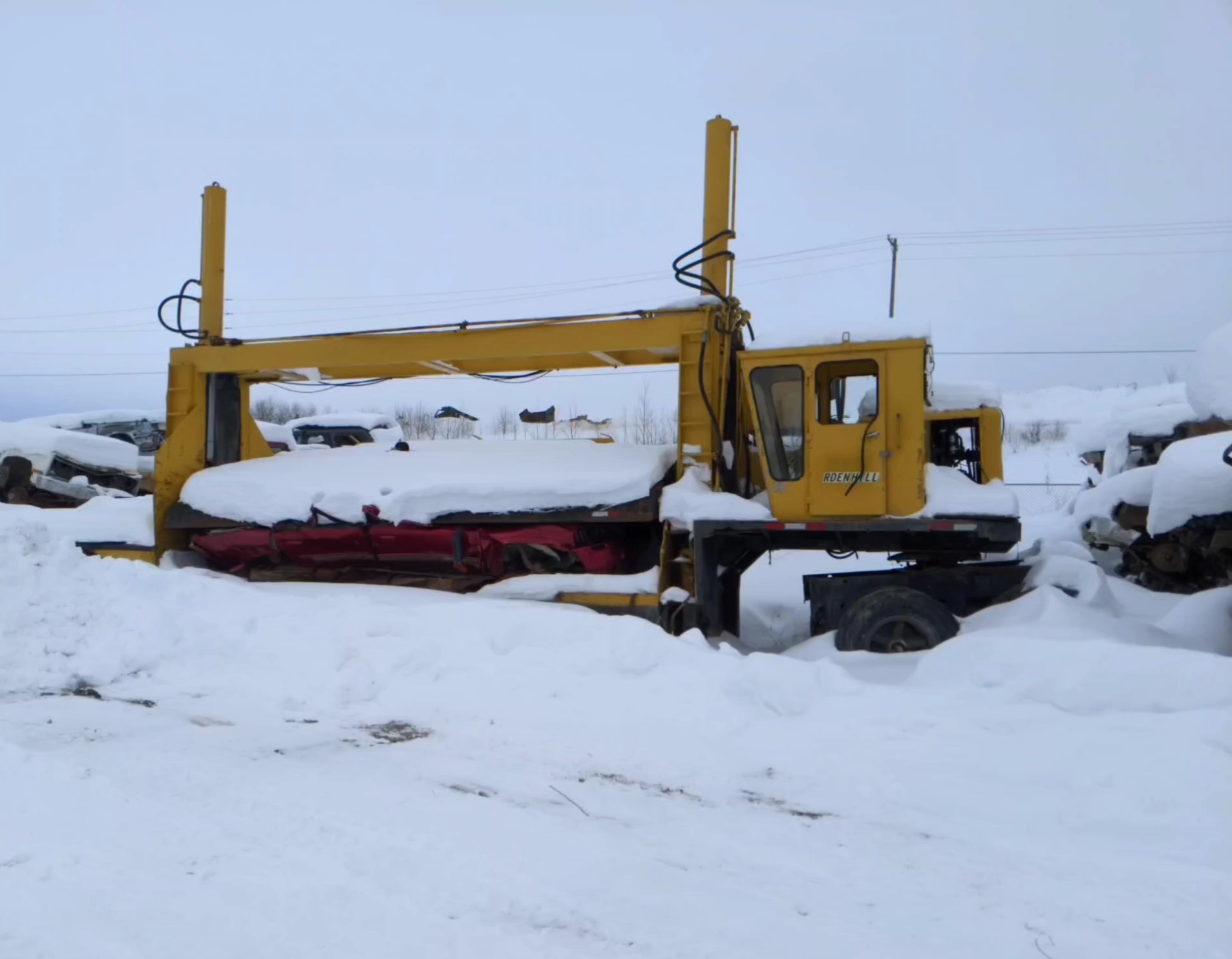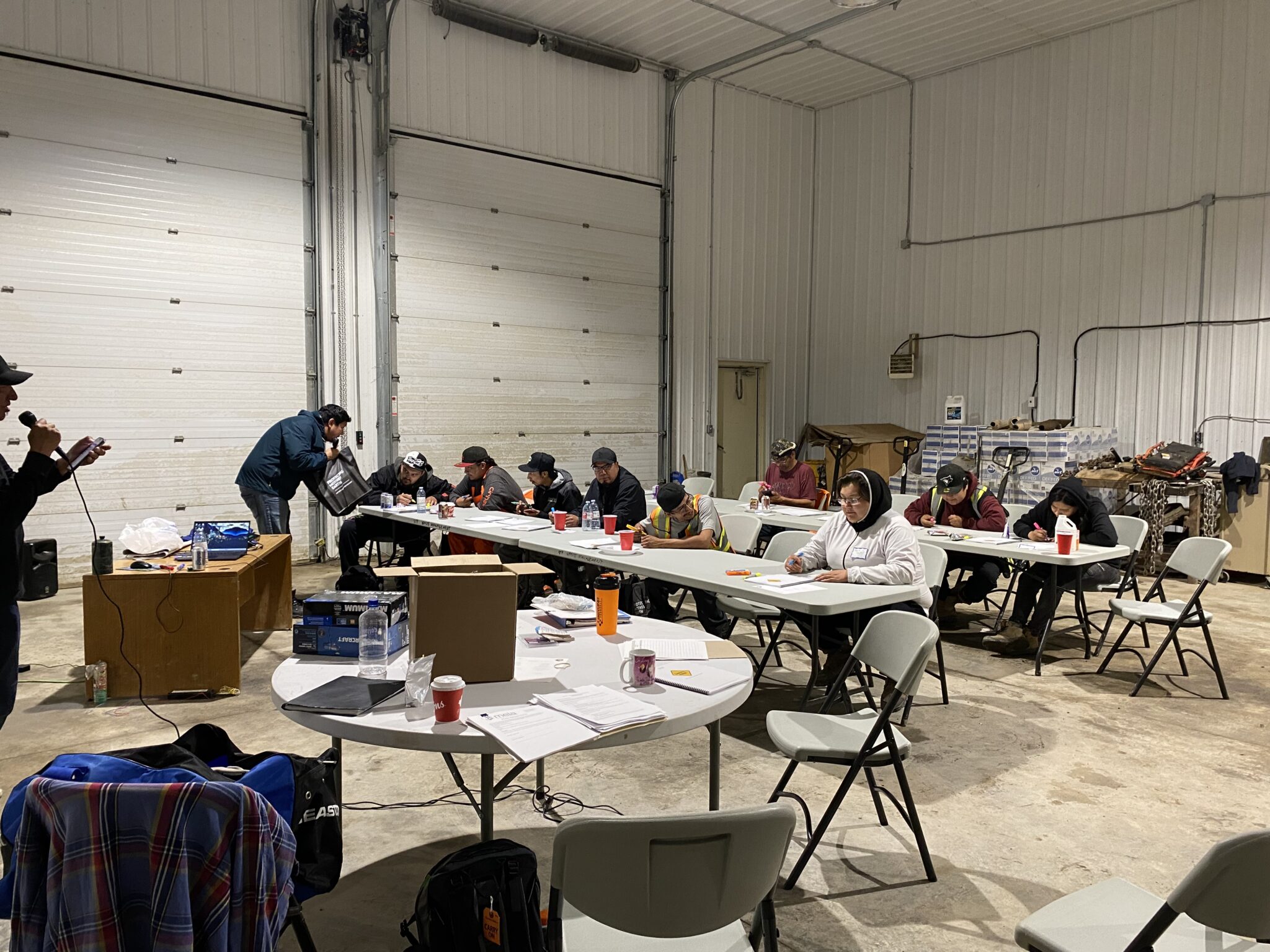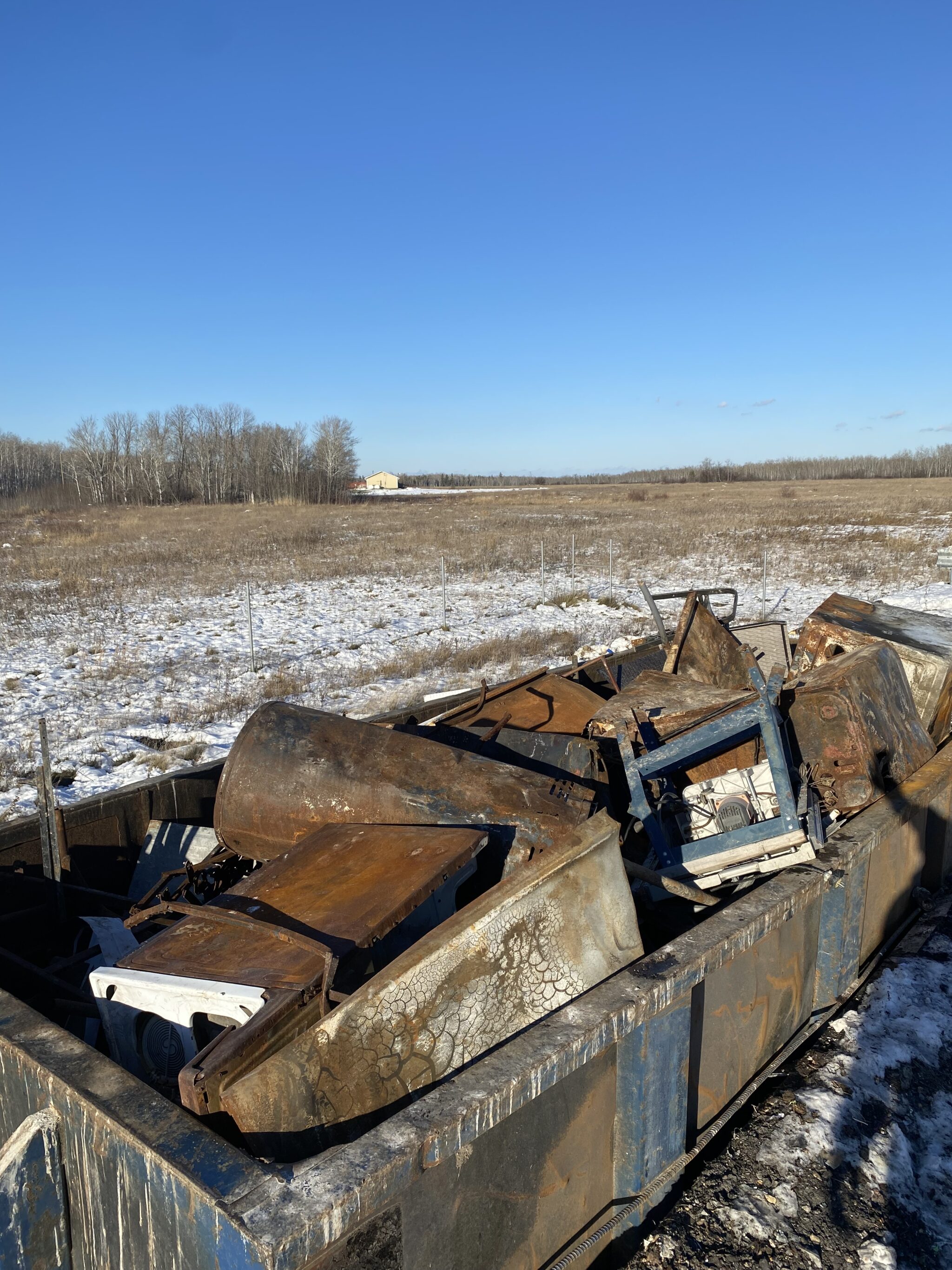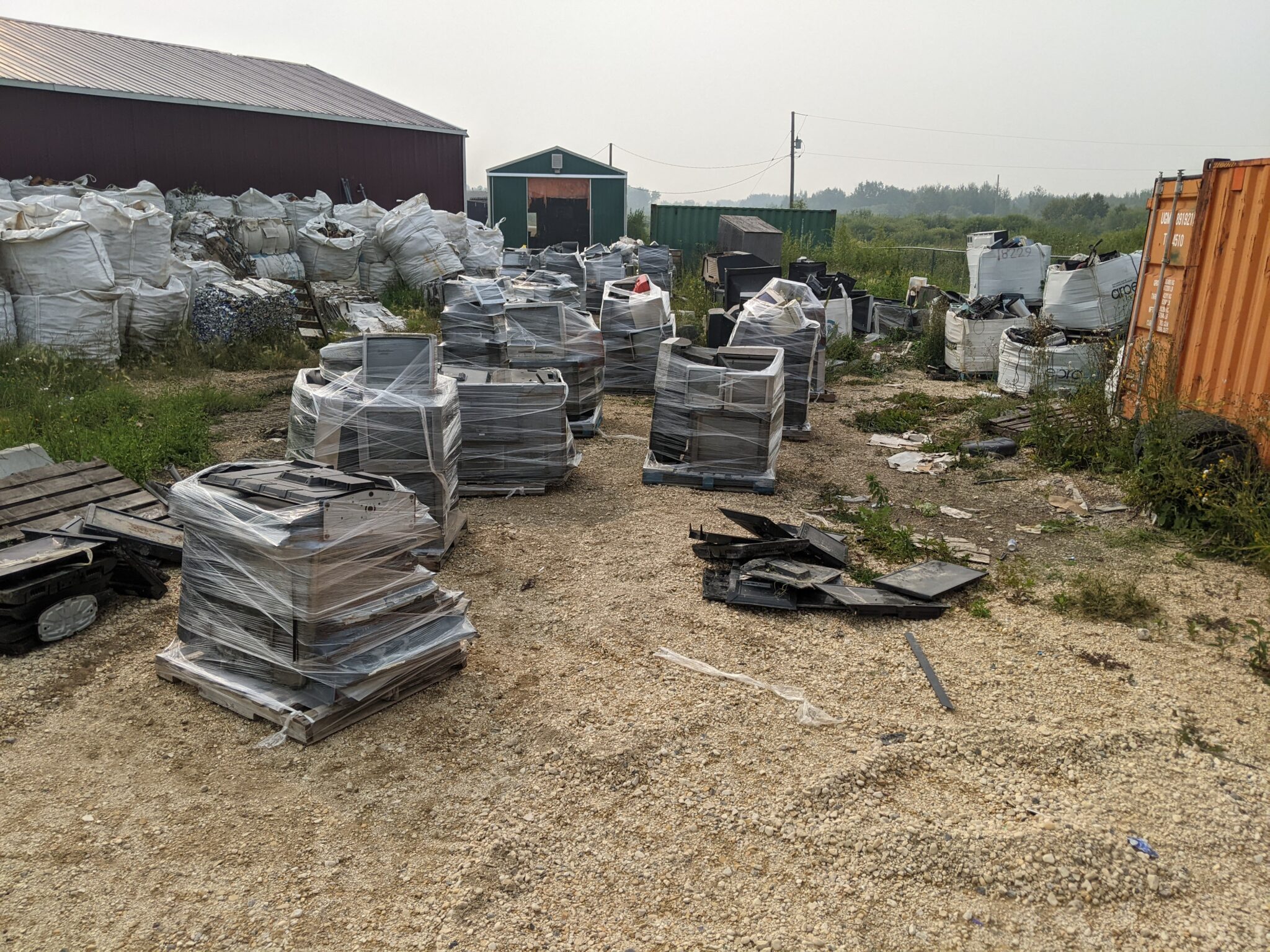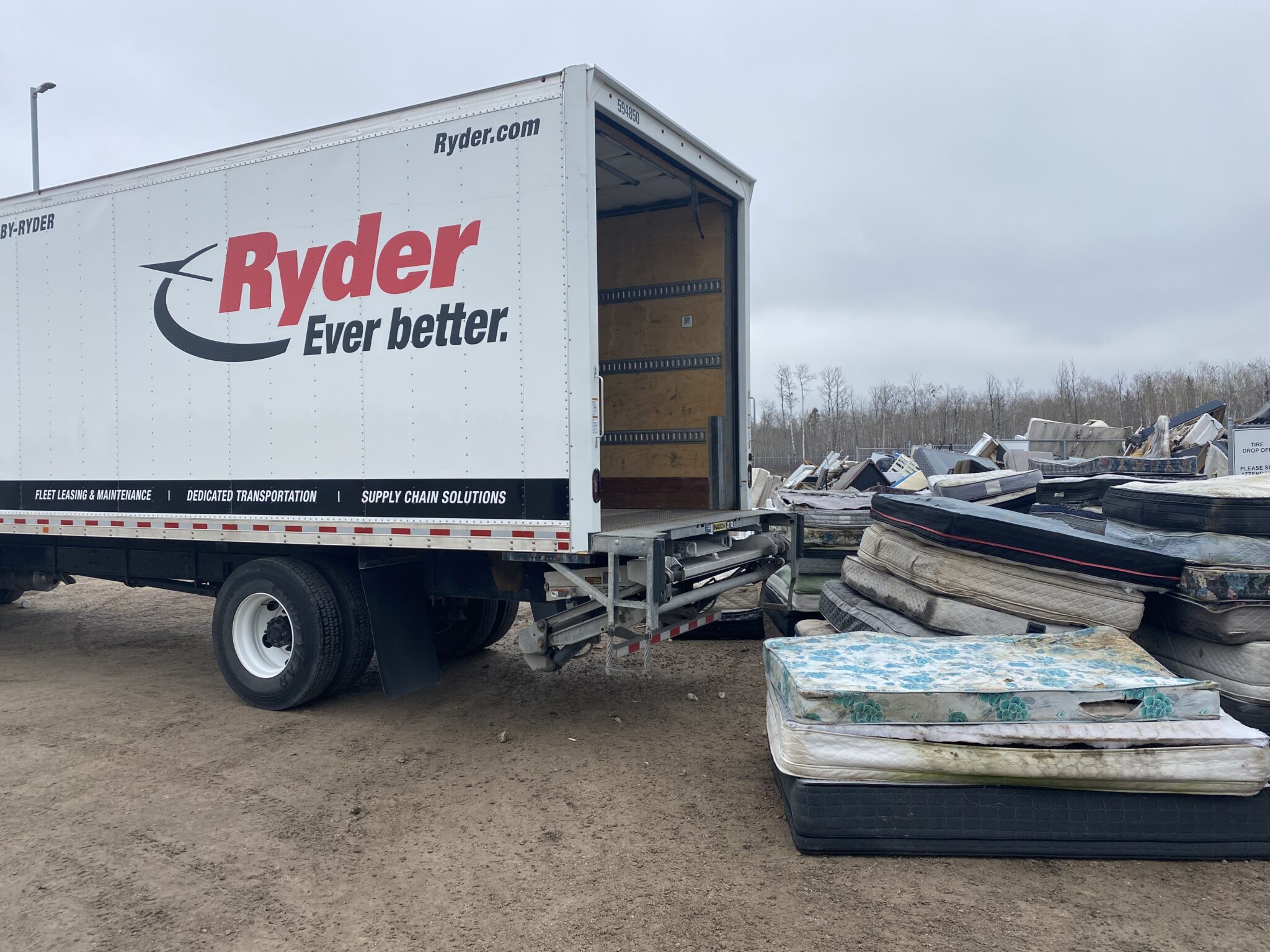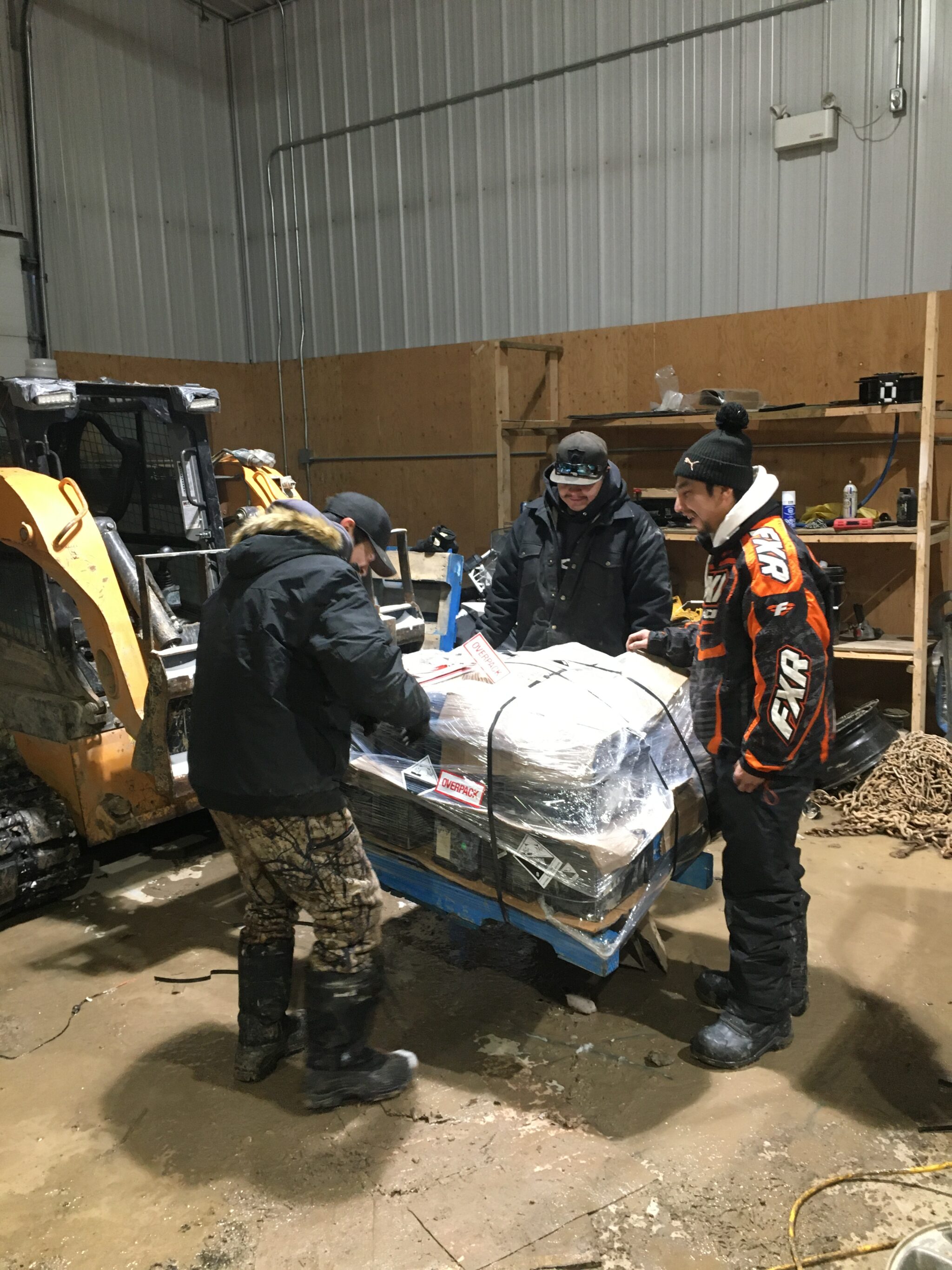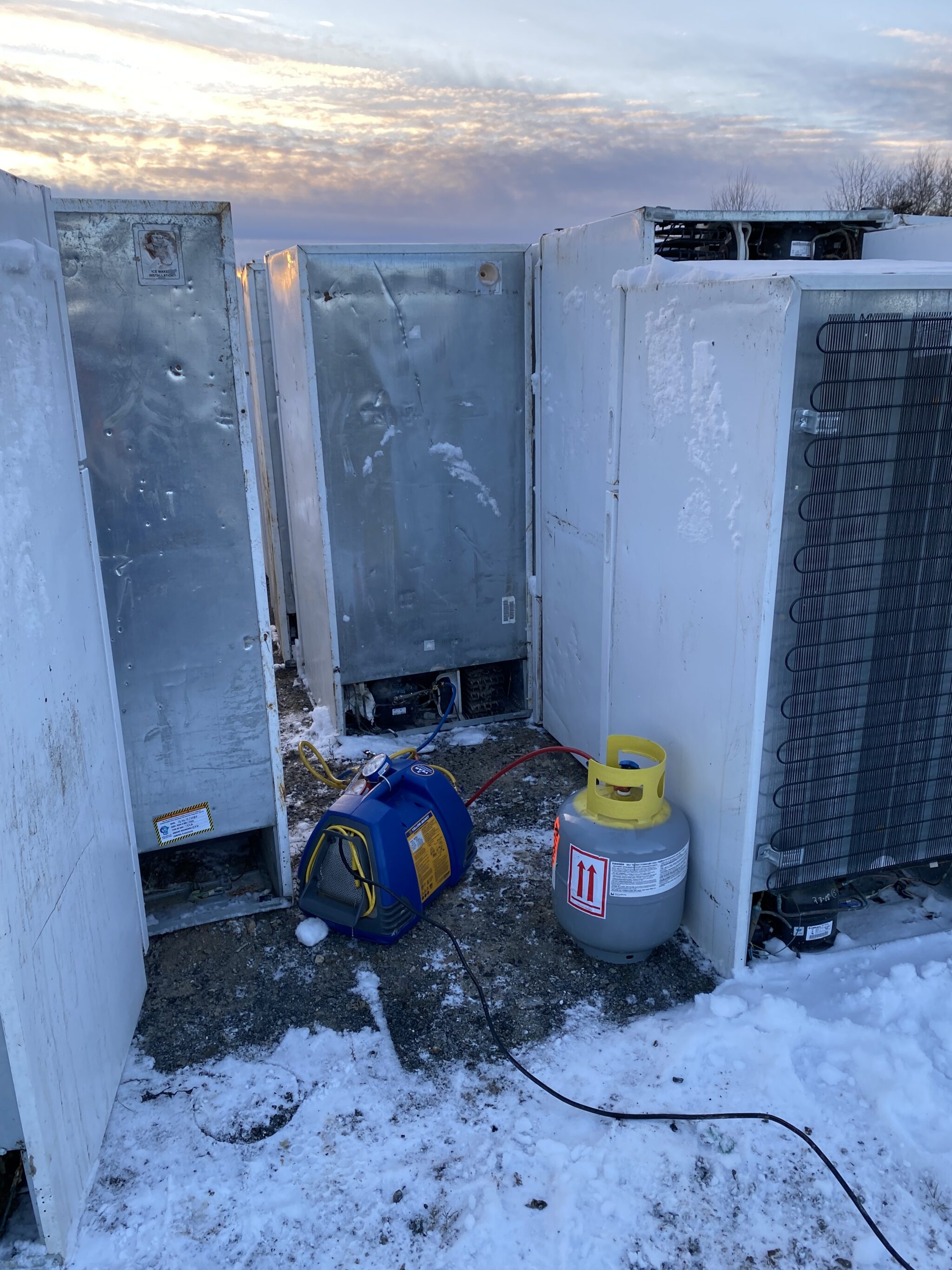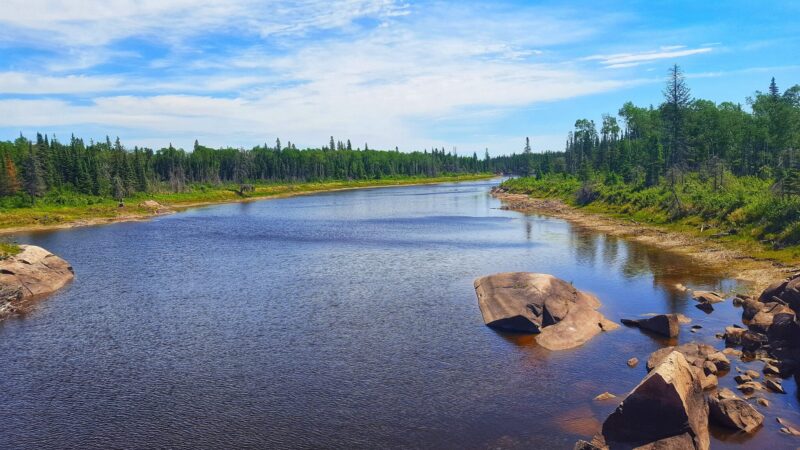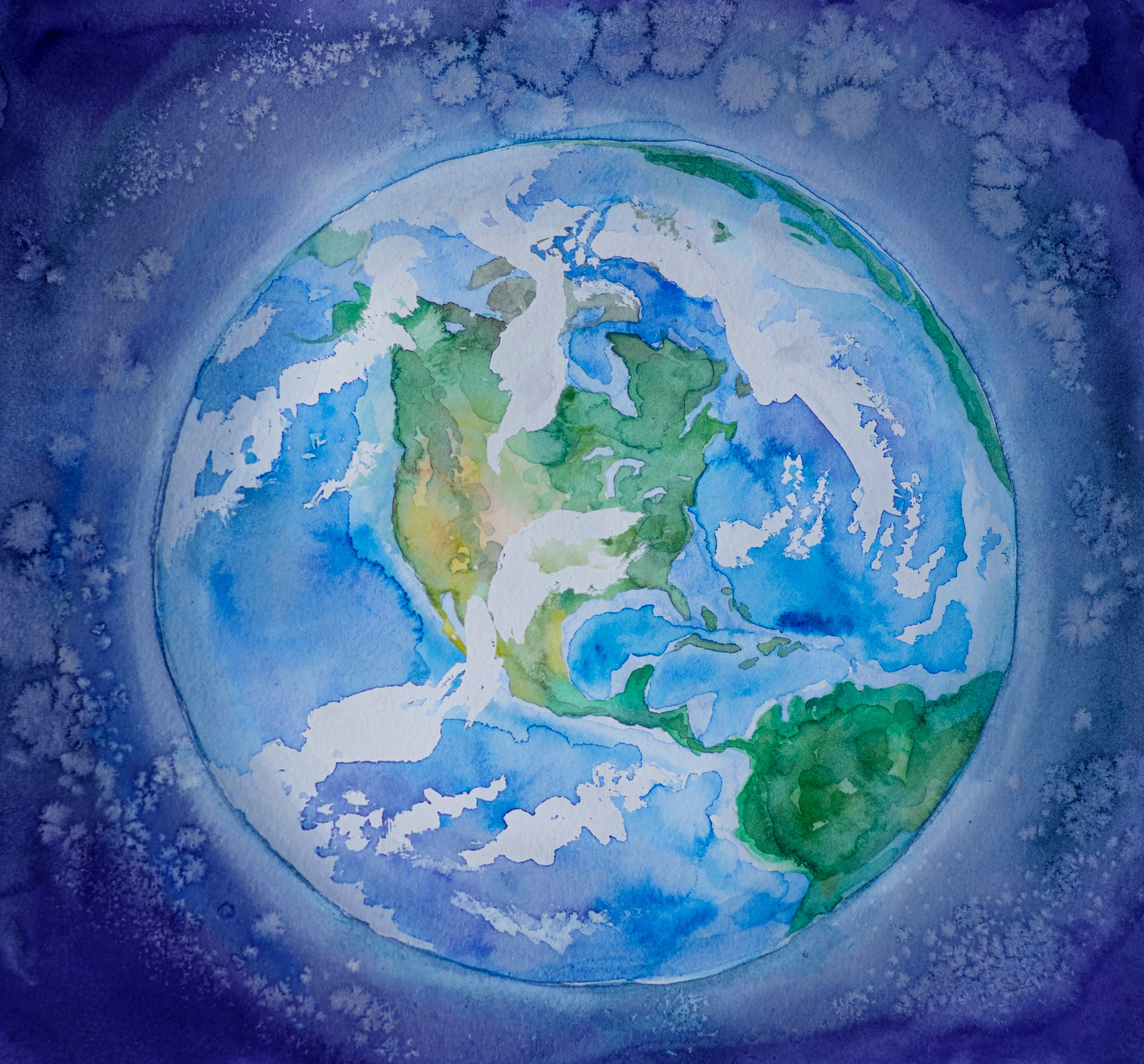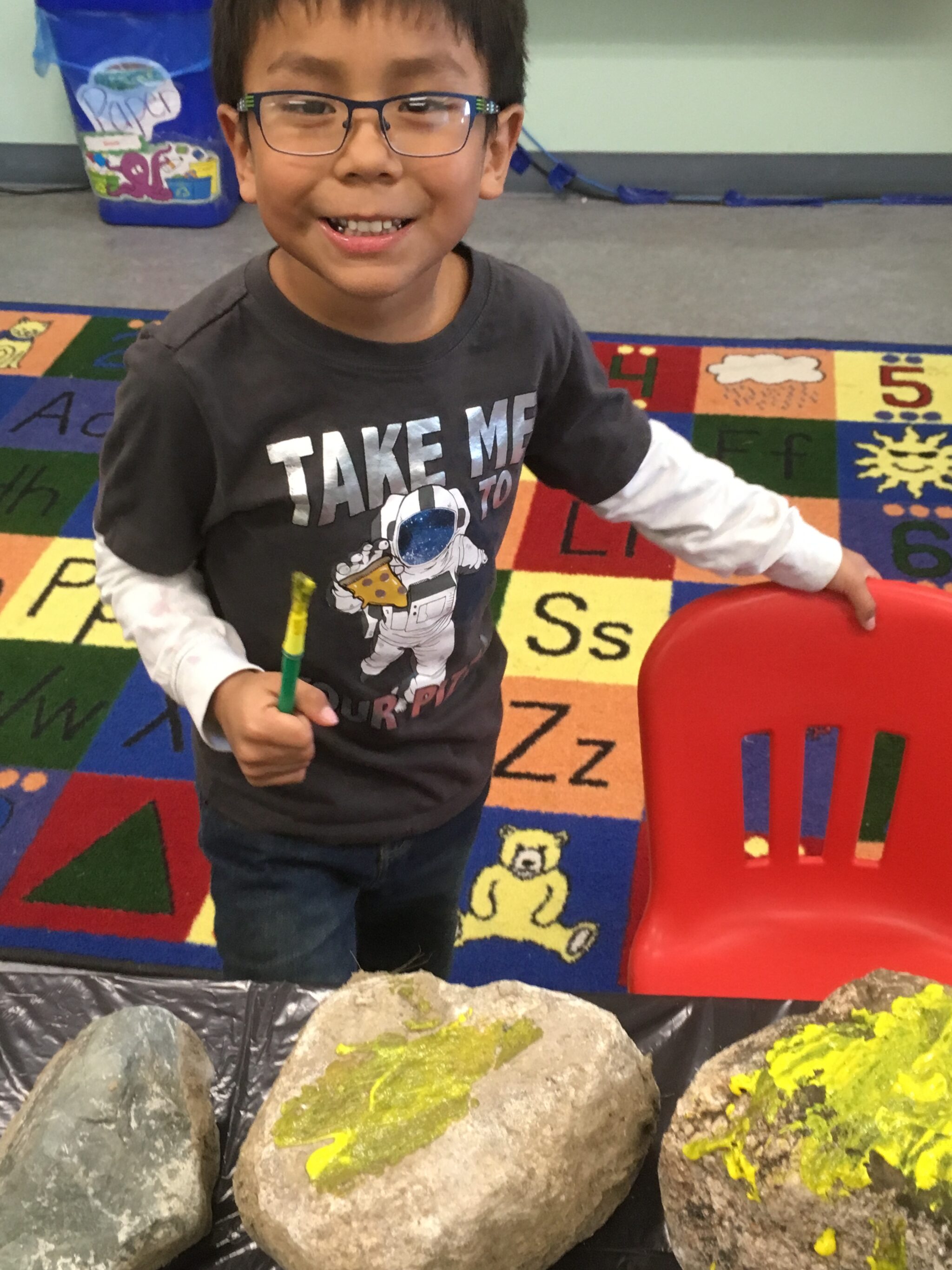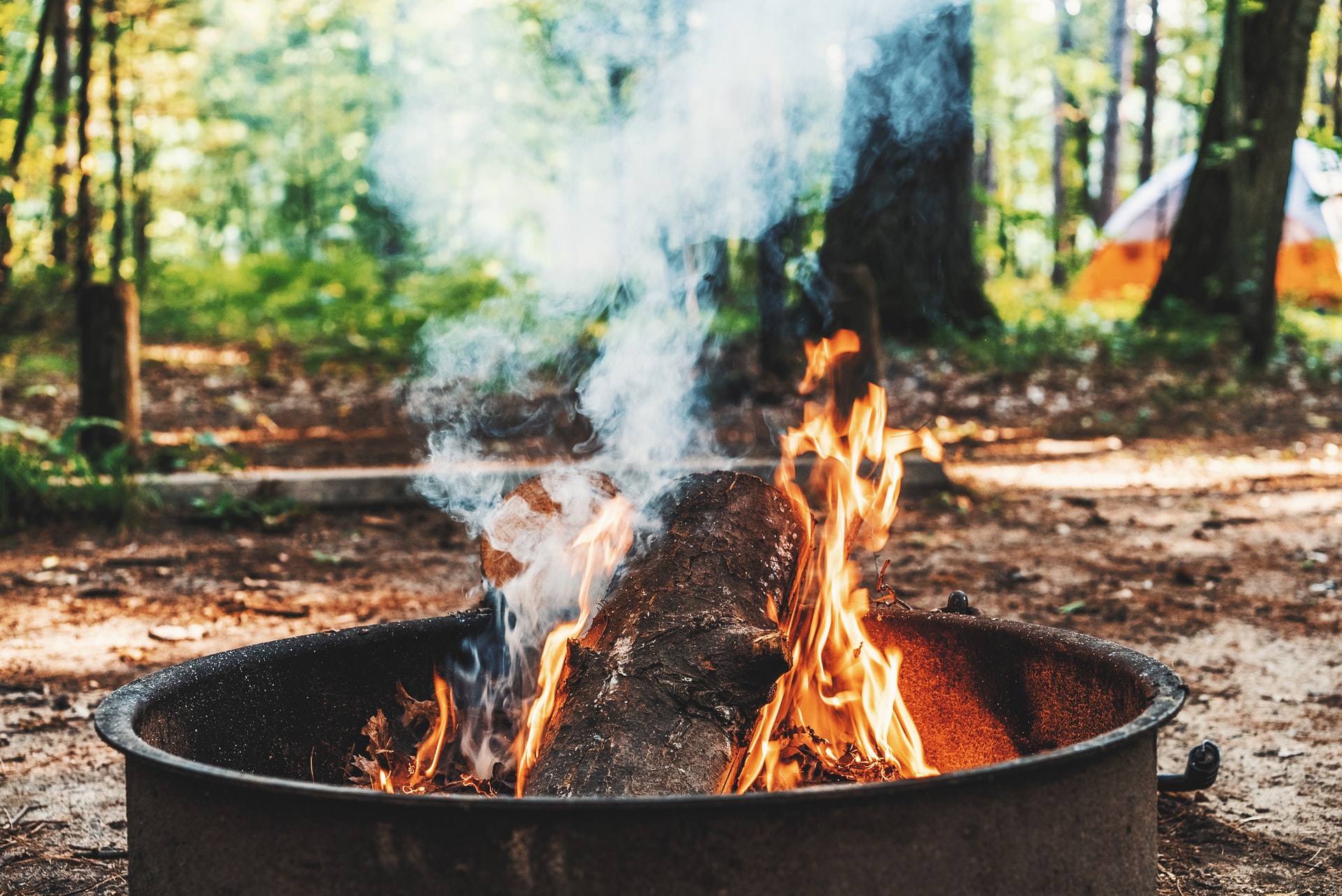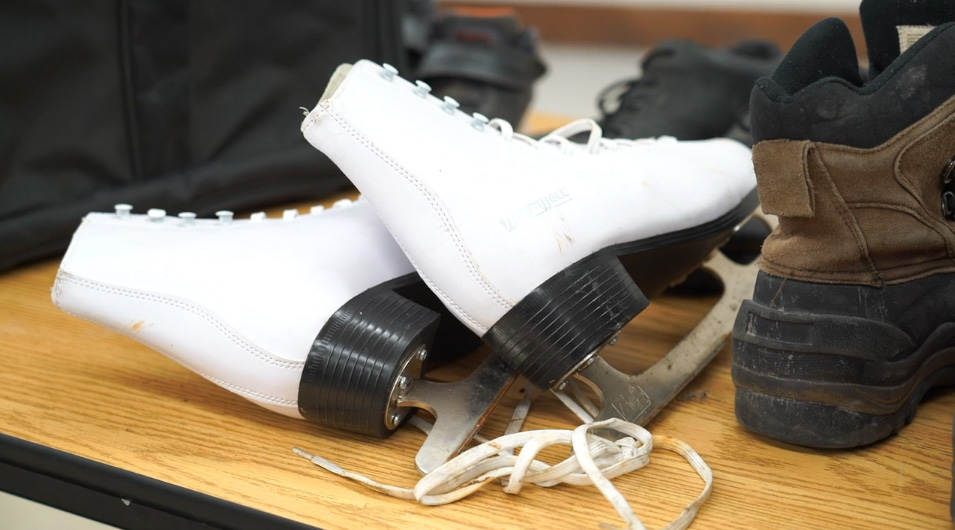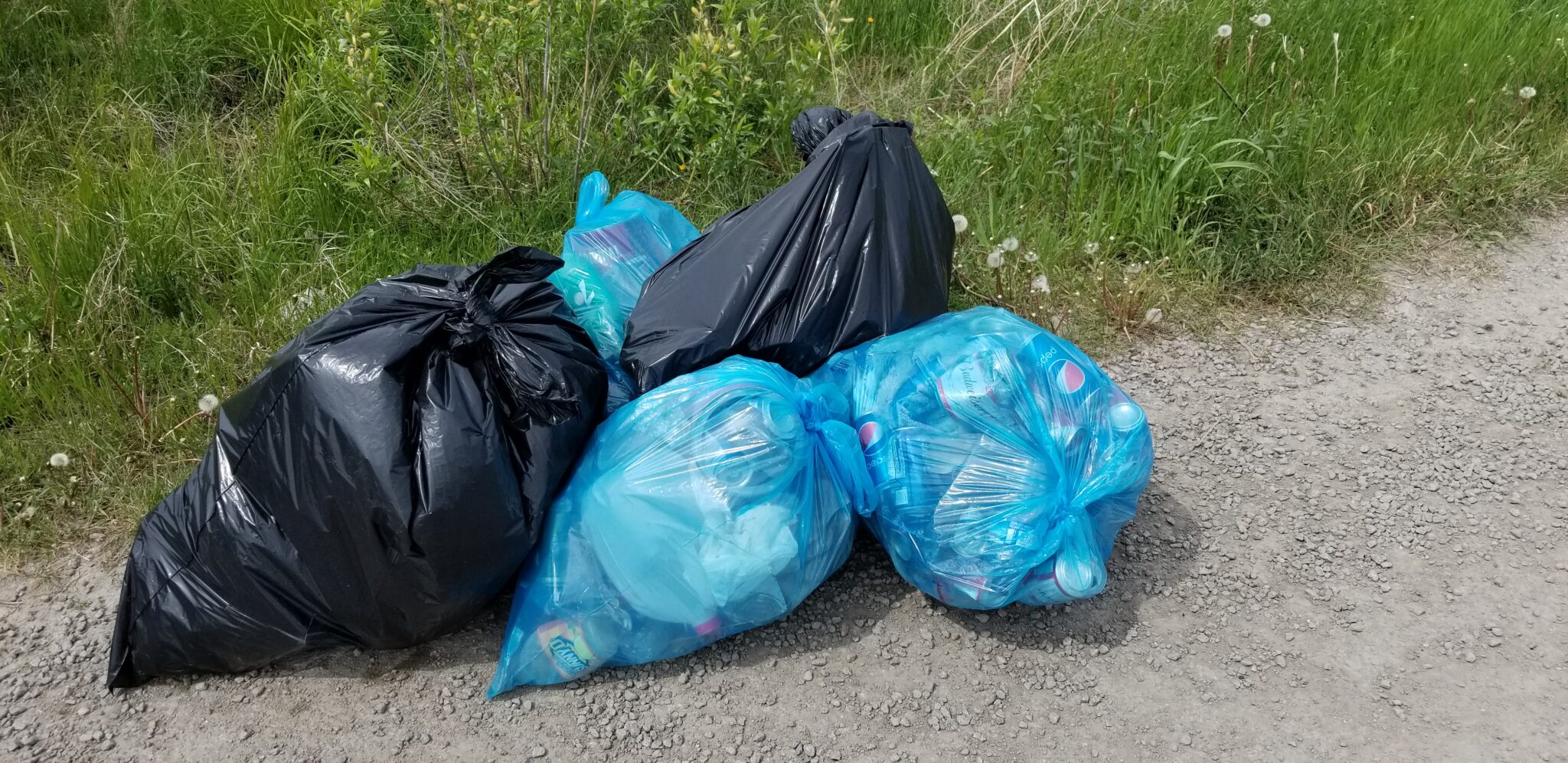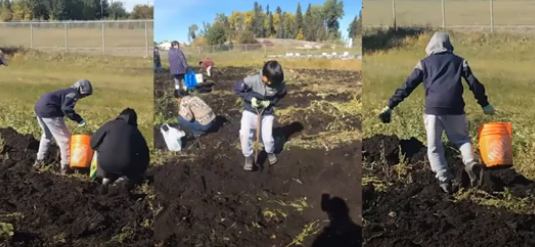First Nations
Waste Minimization Program
Minimizing and reducing waste in your community can result in immediate environmental benefits, both locally and globally.
Many First Nations in Manitoba would like to start or enhance their waste management programs, but finding out what to do and who to contact can be challenging. Green Action Centre offers a variety of resources and services to support Manitoba First Nations to minimize waste and recycle more. At home, at school and in the community.
Got questions about reducing or handling waste in your community? Reach us at: fnwm@greenactioncentre.ca
Follow us on Facebook and Instagram
Sign up for our newsletter. Check out recent issues.
Getting Started
Find resources to protect the land, air and water. Explore the 4 R’s of minimizing waste – Respect, Reduce, Reuse, and Recycle.
community highlights
Here are some highlights about reducing waste and recycling from communities that we have interacted with.
Have a story to share about how your Manitoba First Nation reduced, reused or recycled waste? Let us know at fnwm@greenactioncentre.ca and we’ll add it below.
News and Announcements
Recent News
Upcoming Events
- SCO FNs Waste Management Conference, March 19, 2024
- RISE Lunch and Learn, March 21, 2024
- Waywayseecappo School Presentation, TBD
benefits of managing waste
reality check
When planning how to reduce waste in your community, here are a couple of ‘reality checks’ to consider. Avoid frustration later by reading these now.
#1 Recognize that you will not likely make money from recyclable materials.
There are many good reasons to safely handle and reduce waste in your community but creating revenue is not one of them.
#2 Consider starting with collecting old cell phones, household batteries, tires or electronic waste.
While many communities want to start with residential recycling (‘blue box’), it can be challenging. The programs and materials listed above are more straightforward.
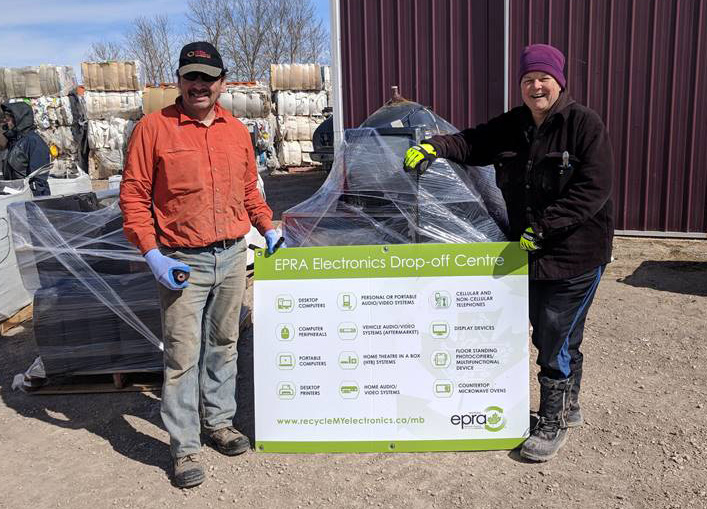
Other Resources
Manitoba Resources
- Innowaste – Centre for Indigenous Environmental Resources
- Find Your Eco-Depot (MB)
- Manitoba Industry Stewardship Programs
- WasteWise (MB)
Canadian Resources
